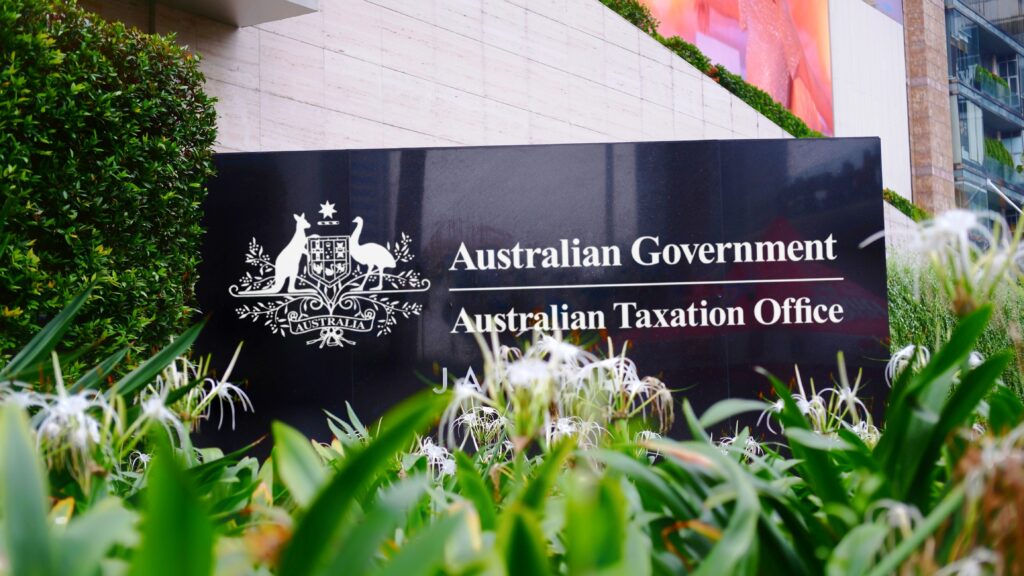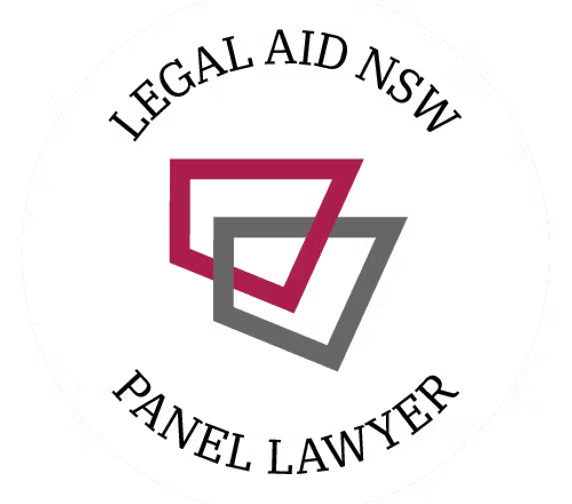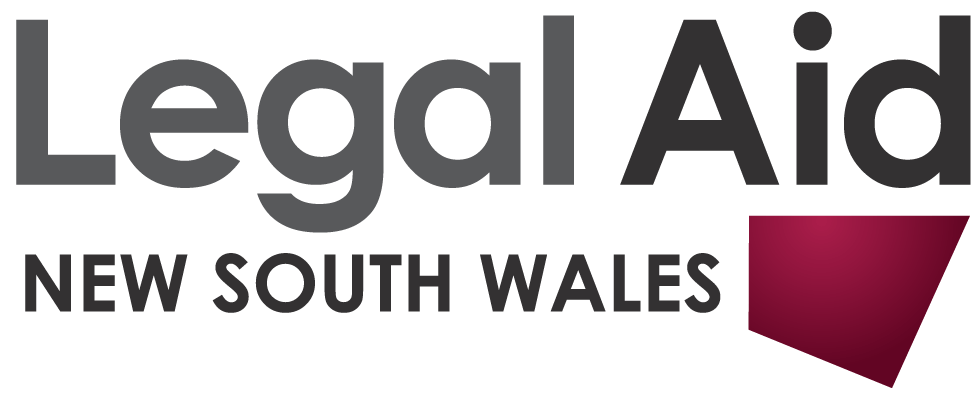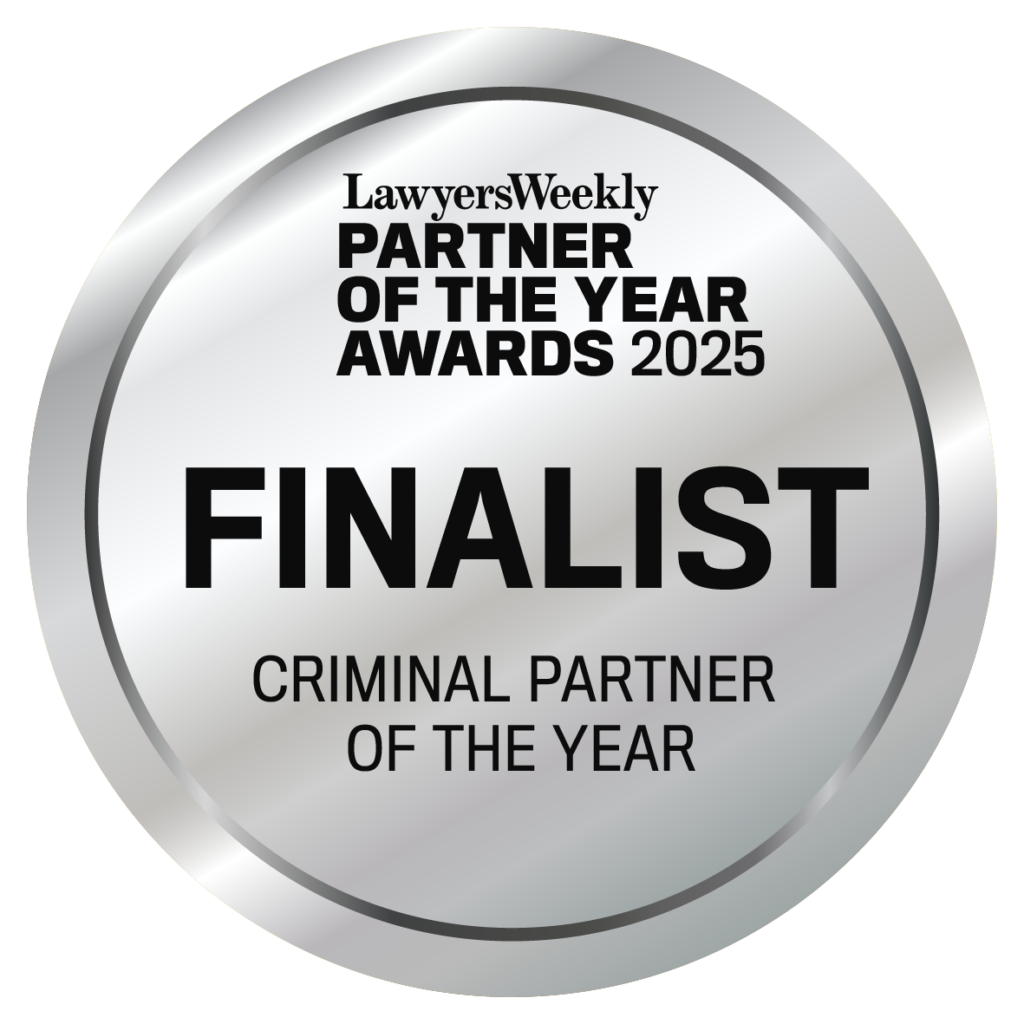Top-Rated Melbourne Fraud Offence Lawyers
Fraud offences in Victoria encompass a wide range of activities, from identity theft and tax fraud to scams involving car dealerships. These crimes are not only complex but also carry severe legal and personal consequences. Being accused of fraud can lead to significant penalties, including imprisonment, hefty fines, and a lasting impact on one’s reputation and future opportunities.
Legal representation is crucial when facing such charges. Fraud attorneys, including those specializing as identity theft lawyers or tax fraud lawyers, possess the expertise necessary to navigate these intricate cases. They understand the nuances of Victorian law and provide vital support in building a robust defense strategy. The legal landscape surrounding fraud offences requires a deep understanding of both statutory and case law—a skill set possessed by seasoned scam lawyers.
What is Fraud?
Understanding the definition of fraud under Victorian law is crucial when dealing with the legal complexities associated with fraud offences. In Victoria, fraud is generally defined as any act where deceit or trickery is used to gain an unfair advantage over another party, often resulting in financial or personal gain. The key element of fraud is the intentional misrepresentation or concealment of truth.

What Does the Crimes Act 1958 Say About Fraud?
The main law governing fraud offences in Victoria is the Crimes Act 1958. This important legislation outlines different types of fraudulent activities and sets out penalties for such offences.
Obtaining Property by Deception
Under this Act, Section 81 highlights “Obtaining Property by Deception,” which refers to situations where a person dishonestly acquires property belonging to someone else by deceiving that person.
Obtaining Financial Advantage by Deception
Section 82 addresses “Obtaining Financial Advantage by Deception,” focusing on scenarios where deceit leads to financial benefits not entitled to the individual. Both these sections emphasize the critical role of deception in constituting a fraud offence.
Other Relevant Sections of the Crimes Act
In addition to the above sections, there are other relevant provisions in the Crimes Act 1958 that deal with fraud-related activities:
These sections collectively form a comprehensive legislative framework that defines and governs fraud-related activities within Victoria. Understanding these provisions enables individuals and businesses alike to recognize potential fraudulent conduct and seek appropriate legal remedies.
Why You Need Expert Help
However, understanding these complex legal definitions requires expert interpretation and strategic guidance. This highlights the importance of consulting experienced professionals like EAS Legal. Their expertise ensures accurate application and strong defense strategies tailored to each unique case scenario, whether it involves understanding criminal law in Victoria, dealing with theft offences, addressing assault offences, or managing family violence offences.
Types of Fraud Offences
Fraud offences in Victoria include various deceptive practices, each with specific legal consequences. Knowing the different types of fraud offences is essential for both prevention and defence. Here are some common categories as defined by Victorian law:
1. Obtaining Property by Deception
This offence occurs when an individual intentionally deceives another to acquire ownership or possession of property. The act must involve false representation, which can be either verbal or written, leading the victim to part with their assets under false pretenses.
2. Obtaining Financial Advantage by Deception
Similar in nature to obtaining property, this offence involves gaining a financial benefit through dishonest means. This includes situations where one might manipulate or fabricate information to receive undue financial gains, such as loans or credit approvals.
3. False Accounting
Involves the alteration, destruction, or concealment of accounting records with intent to deceive. This type of fraud is particularly serious in corporate environments where accurate financial reporting is paramount. False accounting can lead to significant economic losses and erosion of trust within business relationships.

4. Falsification of Documents
The creation or alteration of documents with the intent to defraud constitutes falsification. This can include manipulating contracts, legal agreements, or identification documents to mislead others or gain an unlawful advantage.
Each type of fraud offence has its own legal requirements and potential punishments. Engaging in any form of deceitful activity not only risks criminal charges but also undermines professional integrity and trustworthiness. Legal guidance becomes essential in navigating these complex situations and establishing a strong defence strategy tailored to the specific details of each case.
Understanding these categories helps shed light on the wide range of fraudulent activities prosecuted under Victorian law, highlighting the importance of being vigilant and maintaining ethical conduct in both personal and professional aspects of life.
Legal Process Involved in Fraud Cases
Navigating the legal process for fraud cases requires a strategic understanding of the court procedures and roles played by various legal professionals. The journey from investigation to trial is intricate, with each stage demanding careful attention.
Steps in a Typical Fraud Case
- Investigation: This marks the beginning of the legal process. Law enforcement agencies, often assisted by forensic accountants, gather evidence and assess whether an offence has occurred. Surveillance, document analysis, and interviews may form part of this exhaustive phase.
- Arrest and Charges: Upon gathering sufficient evidence, law enforcement may proceed with an arrest. The accused is then formally charged with specific fraud offences under the Crimes Act 1958.
- Bail Hearing: Following arrest, a bail hearing might be conducted to determine whether the accused can be released from custody pending trial. Legal representation is crucial here to argue for conditions favorable to the client.
- Committal Proceedings: Before heading to trial, committal proceedings evaluate whether there is enough evidence for the case to proceed. This stage offers an opportunity to test prosecution evidence and often involves cross-examination of witnesses.
- Trial: Should the case advance beyond committal, it proceeds to trial in a higher court. During this phase, both prosecution and defence present their arguments, examine witnesses, and submit evidence before a judge or jury renders a verdict.
- Sentencing: If convicted, sentencing follows where penalties are determined based on factors such as the nature of the crime and any mitigating circumstances.
Roles of Legal Professionals
Potential Defenses Against Fraud Charges
Navigating fraud allegations requires a nuanced understanding of potential defenses, tailored to the specifics of each case. Engaging a seasoned fraud defense lawyer, such as those specializing in credit card fraud defense, is crucial to effectively counter these charges. Several strategies can be employed to challenge the prosecution’s claims:
1. Honest Belief in Rights Over Property
Often, individuals may act under the genuine belief that they have legal rights or entitlements to certain property. Demonstrating this honest belief can negate the intent required for a conviction.
2. Mistaken Identity or Misunderstanding
In some cases, what appears as fraudulent activity might stem from miscommunication or clerical errors. Highlighting how civil disputes or business misunderstandings are mistaken for fraud can be pivotal. This aligns with the concept of mistake as a defense, which could significantly alter the course of a case.
3. Lack of Intent
Fraud offenses hinge on proving intentional deception. If it can be shown that any misleading actions were unintentional, this undermines the core of the prosecution’s case.
4. Duress or Coercion
Situations where an individual was forced into committing an offense under threat can form a strong defense, asserting that actions were not voluntary.
These strategies underscore the importance of personalized legal guidance, ensuring defenses are crafted based on comprehensive analysis and deep understanding of legal precedents. An experienced legal team can navigate these complexities, providing robust representation and safeguarding your interests at every stage.
Consequences of Being Convicted for a Fraud Offence
Being convicted of fraud in Victoria can have serious and wide-ranging penalties, making it essential to have expert legal representation. The sentencing options may include:
For example, Obtaining Property by Deception can result in a maximum penalty of 10 years’ imprisonment under the Crimes Act 1958. Similarly, False Accounting and Falsification of Documents are also treated severely because they can undermine financial integrity.
Long-Term Effects of a Fraud Conviction
The effects of a fraud conviction go beyond just the immediate sentence. Having a criminal record can greatly impact future job opportunities since many employers conduct background checks and may be discouraged by a history of dishonesty. This barrier can hinder career advancement and decrease job prospects in various industries.
Travel Restrictions Due to Criminal Record
Another significant consequence is travel restrictions. Countries like the United States and Canada may deny entry to individuals with criminal records, making personal and professional travel plans more complicated.
Given these serious consequences, it is crucial to hire experienced fraud offence lawyers who can help navigate the complexities of fraud offences in Victoria. Their expertise not only assists in reducing penalties but also plays a vital role in safeguarding one’s future from the lasting effects of a conviction.
When Should You Seek Legal Help For A Fraud Case?
Legal complexities surrounding fraud offences necessitate timely intervention. Early seeking of legal help can significantly influence the outcome of your case. Here are situations warranting immediate consultation with a lawyer:
The importance of early intervention cannot be overstated. Rapid action preserves evidence, secures witness testimonies, and develops a robust defense strategy. Engaging with seasoned professionals like those at EAS Legal ensures that your interests are protected from the outset, providing strategic solutions tailored to the nuances of your case.
Why Choose EAS Legal for Your Fraud Case?
Choosing the right legal representation is crucial in navigating fraud cases effectively. At EAS Legal, our team of seasoned professionals brings extensive experience in handling complex fraud cases across Melbourne, Sydney, and Brisbane. Our deep understanding of the nuances involved in fraud offences ensures that we can provide the most effective defense strategy tailored to each client’s unique circumstances.
Our approach centers on a client-first philosophy, ensuring that each individual receives personalized, strategic solutions. We recognize that every case presents its own set of challenges and opportunities, which is why we prioritize understanding your specific needs and concerns. This commitment to client interests drives our efforts to protect your rights and secure your future.
Why Choose Us?
The testimonials from our clients attest to our dedication and professionalism, underscoring our reputation as trusted fraud lawyers. Engaging with us means not only having expert legal representation but also receiving unwavering support throughout the legal journey.











